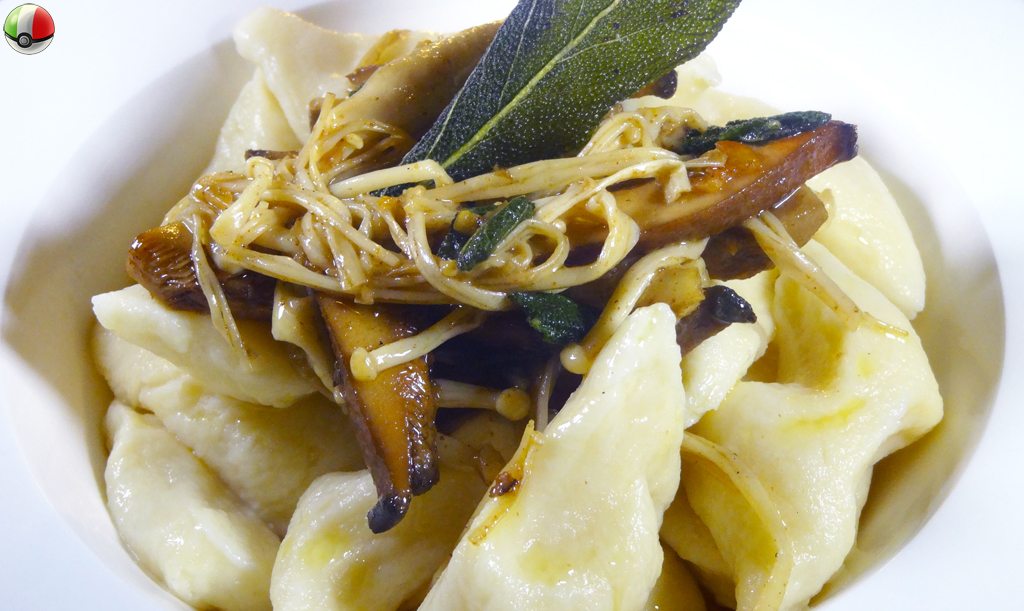Originally written as part of the World Cup 2014 cooking project.
Football:
The Golden Boot is the award for the top scorer in a World Cup tournament. There have been some amazing winners throughout the years: Eusébio, Fontaine, Müller, Lineker, Šuker and Ronaldo, but the one that sticks in my mind was that of Paolo Rossi back in the 1982 World Cup in Spain. The mere presence of Rossi in the tournament was a bone of contention for many. Rossi was banned from playing football for 3 years (later reduced to 2 years) in 1980 for allegedly being part of a betting scandal whilst playing for Perugia. He always claimed his innocence, but the ban stood. He returned to football just in time for the World Cup, out of shape and looking aimless in his first couple of games. What I will always remember though was the game against Brazil, where Rossi came to life and plundered a hat-trick against what was declared as the best ever Brazil team not to win the World Cup. Italy won a memorable game 3-2 and went on to win the cup, with Rossi scoring again in the final. Rossi finished with 6 goals and claimed the Golden Boot.
I also have great memories of Italia 90, the closest England came to winning the trophy since 1966. That football tournament in Italy, for me, had the equivalent glamour, flair and passion as it does in Brasil this year. And who could forget the enchanting Nessun Dorma by Pavarotti as the tournament’s theme.
After beating England in a close game in the first match of Brazil 2014, Italy somehow imploded and followed up the win with two defeats, eliminating it from the tournament. It’s always tough for European teams to acclimatise to South American conditions, but I did expect Italy to go further.
Dish:
Italy is home to some of the world’s finest ingredients. To cook Italian, in my mind, is to keep it simple by treating these ingredients with the utmost respect. Mushrooms should be wiped not washed to retain those under the skin nutrients and flavours; pasta should be gently cajoled by making it on a work surface not in a mechanical device; olive oil should be drizzled naturally not cooked; a tomato sauce should be full of flavour and acidity by cooking it lightly and for a short period of time; onions should be translucent and sweet in soffrito; and squid should griddled quickly on a roaring heat with a little salt and pepper. I don’t stick to this rigidity all the time, but when I do I notice a marked improvement in flavour and texture.
From an incredible range of Italian cuisine I have opted for one dish that I simply find amazing. Light potato gnocchi with exotic mushrooms in butter and sage finished with truffle oil and a deep fried sage leaf.
This may seem a simple recipe but the key to a really light gnocchi is in the detail and understanding what is happening. We need to keep the starch in the potato to help the binding process, so I bake the potatoes (also imparts a wonderful baked flavour). It’s also imperative not to let the potato continue to cook with its residual heat once passed through a fine drum sieve, otherwise the potato may go gluey. On the other hand if it cools too quickly it can dry leaving undesirable bits in the gnocchi. To keep the gnocchi light work the dough very gently. And when cooking in boiling water do not stir; the gnocchi will tell you when they are cooked by rising to the surface. Keep to this and you will please any Italian.



